Dolly Parton has the kind of career that seems to have achieved its astounding length and influence through some kind of magical star power or otherworldly, once-in-a-lifetime spark. But when the country icon recounts her journey from a recent high school graduate cutting their teeth as a songwriter in Nashville, Tennessee, to becoming one of the most beloved musical figures of all time, her ascent to mega-stardom sounds, dare we say it, easy.
Videos by American Songwriter
Do we think there’s still some supernatural star power in the mix? Definitely. Nevertheless, hearing Parton lay the groundwork for what became a stunning, highly inspiring career is a fascinating insight into just how much the bright-eyed songstress was playing the long game in those early years.
Dolly Parton Took Career Advice From Her Father
Dolly Parton’s father, Robert Lee Parton, might not have been a musician, but he certainly taught his daughter how to navigate the music business. In an AXS TV interview with Dan Rather, the singer recalled watching her father work multiple jobs to make ends meet and keep food on the table for his wife and eleven children. Whether farming, working carpentry, or making a smart business deal, Parton watched her father closely through it all.
“My daddy could not read nor write,” Parton told Rather. “Never had a chance to go to school. But my daddy was so smart. I’ve just always wondered what all my daddy might have been able to do had he had an education. But my daddy, I watched him maneuver. I watched how he could trade and barter. They call it good horse sense. They call it street smarts if you’re from the city, but good ol’ country, it’s horse sense. My daddy was so smart.”
“He always managed to make some of the best deals and some of the best choices, and I was very influenced by that,” she continued. Dolly’s father’s work ethic helped her navigate the highly competitive and ever-evolving songwriting industry in Nashville. It also helped her overcome some of the hurdles unique to women when breaking into the male-dominated music industry in the mid-1960s. “I always said, ‘I look like a woman, but I can also think like a man,’” Parton said. “So, I was not intimidated.”
Sometimes, that intimidation looked like unwelcome advances from male colleagues. Other times, that intimidation looked more like its textbook definition: coercing someone through fear or force. But Dolly never backed down, even when that intimidation was coming from Elvis Presley’s infamously demanding manager, Colonel Tom Parker.
The Country Star Always Made Sure She Kept What Was Hers
Dolly Parton’s keen business acumen required her to make plenty of hard decisions, including the time that she famously turned down Elvis Presley’s request to record a cover of “I Will Always Love You.” Parton had already enjoyed chart-topping success from the track, and an Elvis cover would’ve elevated the hit song even further. But there was one problem: Presley’s manager, Colonel Tom Parker, wanted at least half of the copyrights. For Parton, that was a dealbreaker. Establishing her own publishing company was one of the first significantly business-savvy moves she made as a songwriter, and she wasn’t willing to give up one of her biggest successes.
Parton told Dan Rather that after she told Parker she couldn’t agree to split copyrights to the song, he replied, “‘Well, then we can’t record the song.’ And I was just heartbroken. I said, ‘Well, I’m really sorry, but I can’t do that. So, I didn’t. It seemed to be the thing to do. It hurt me because I was so disappointed I was going to have to tell my friends Elvis didn’t record it. But I just knew that that was not right.”
Photo by: Katherine Bomboy/NBC via Getty Images

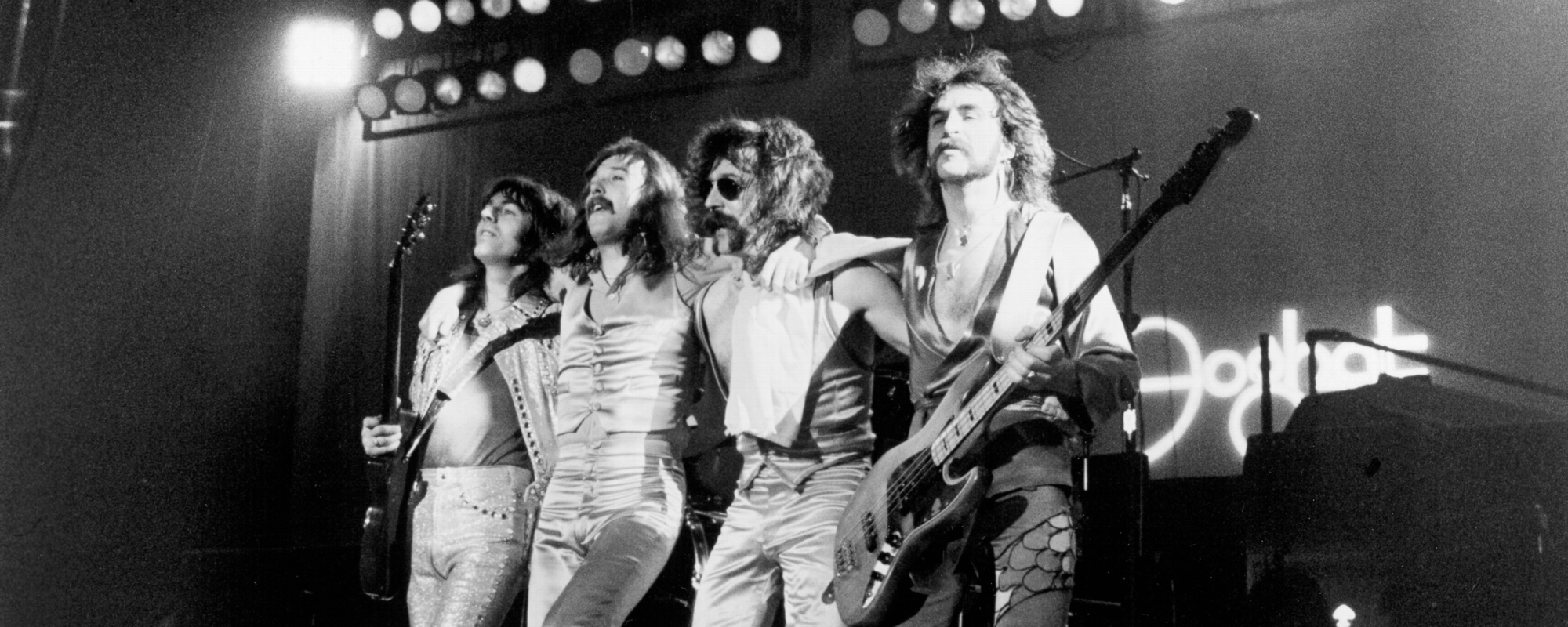
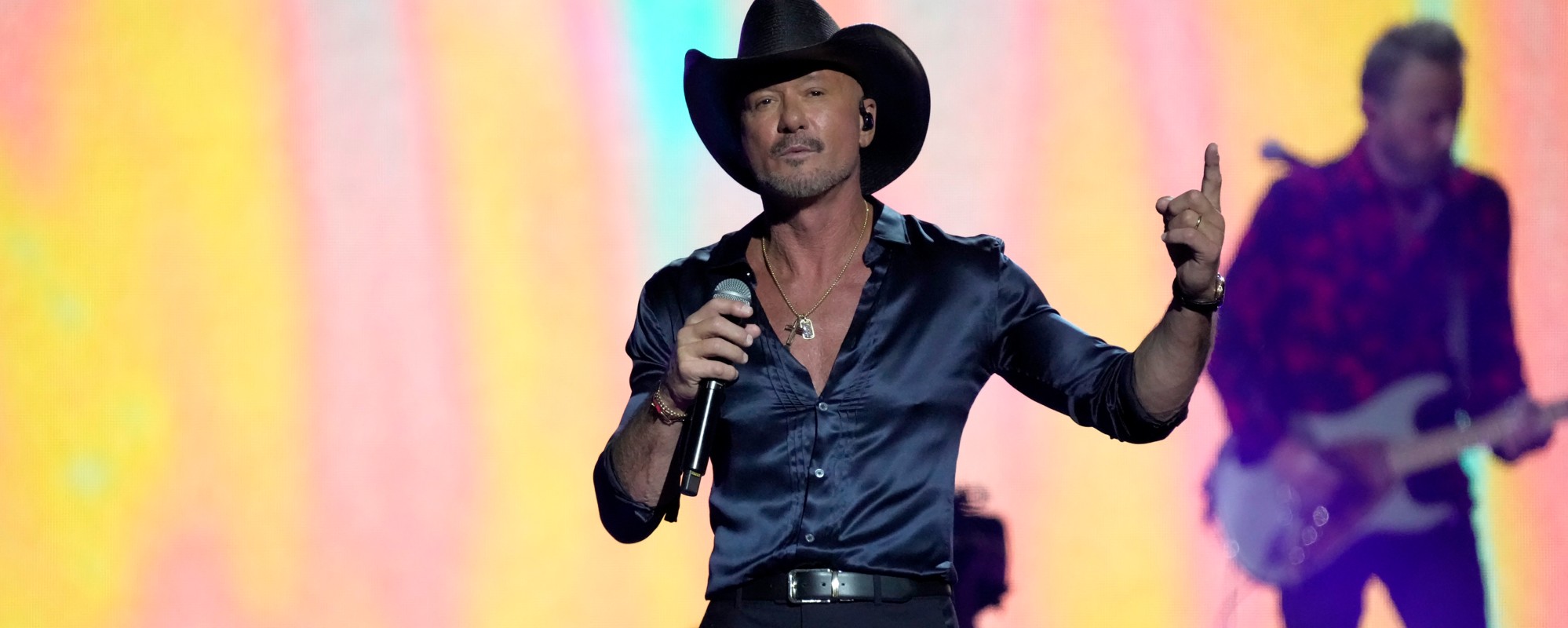
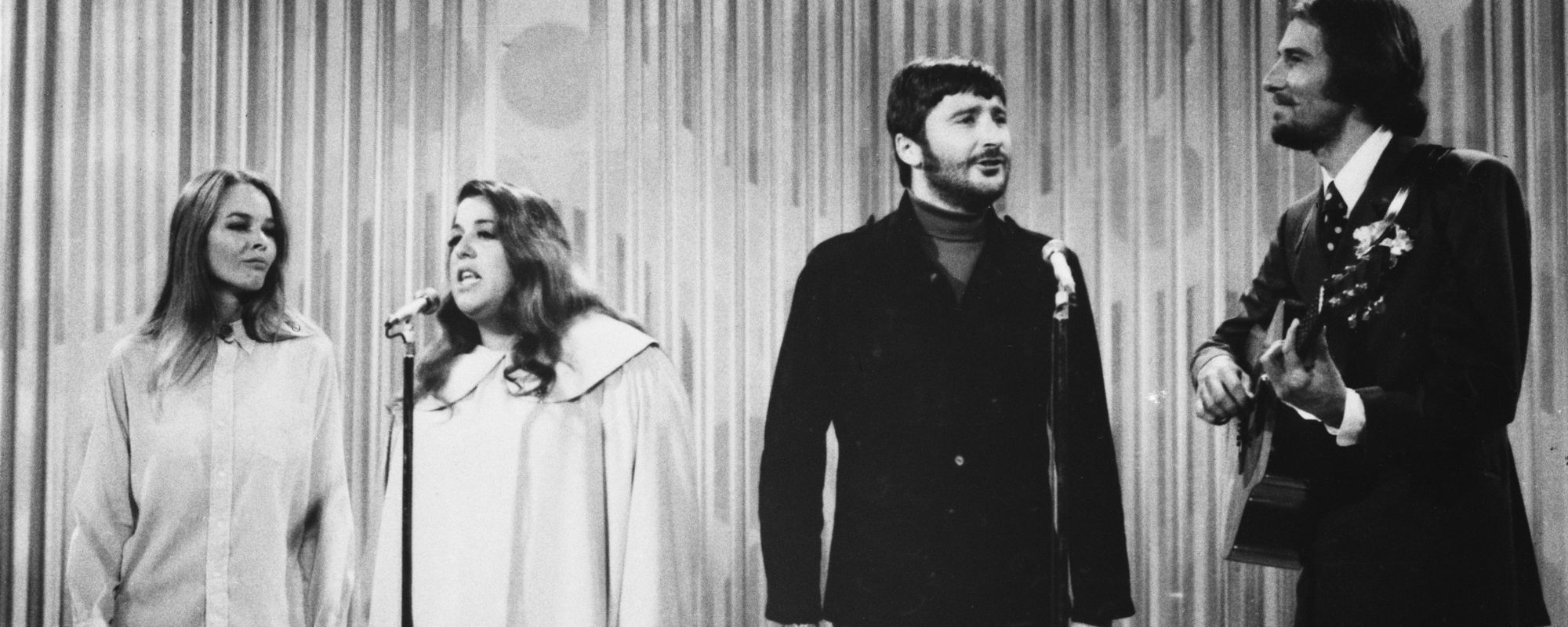
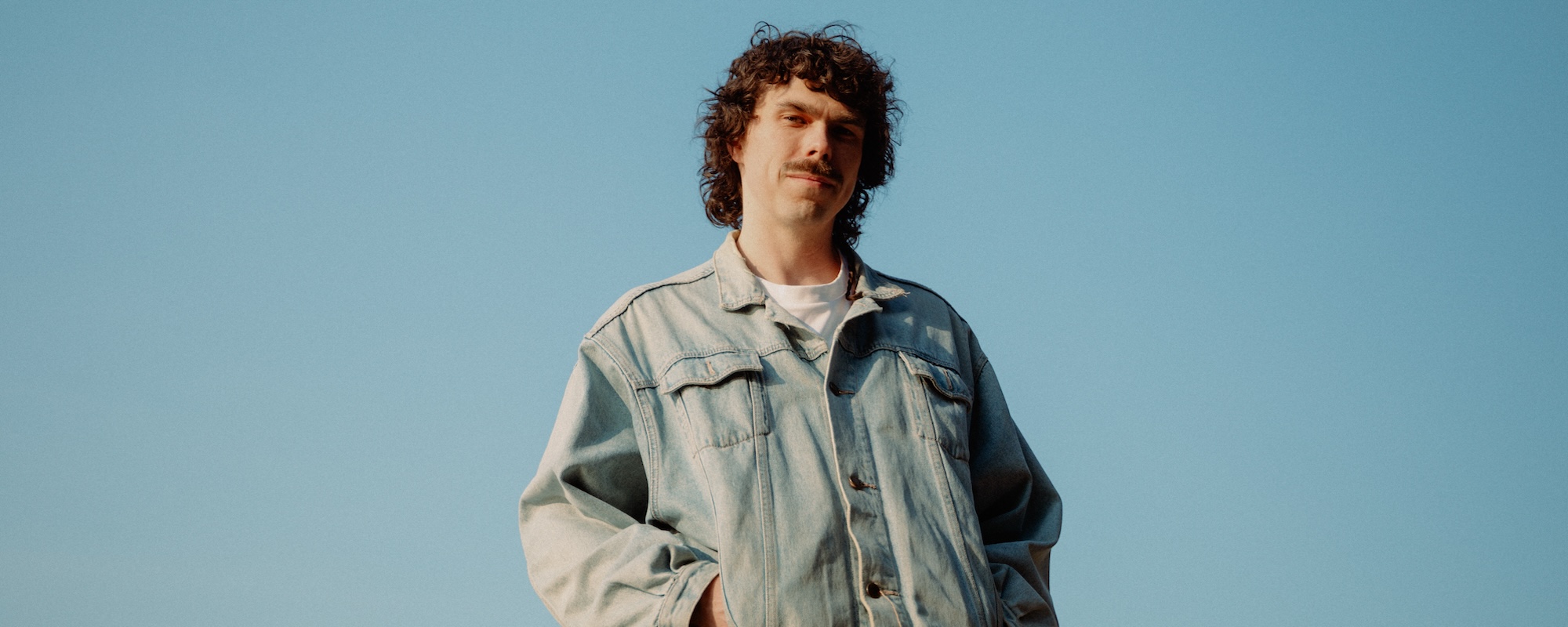

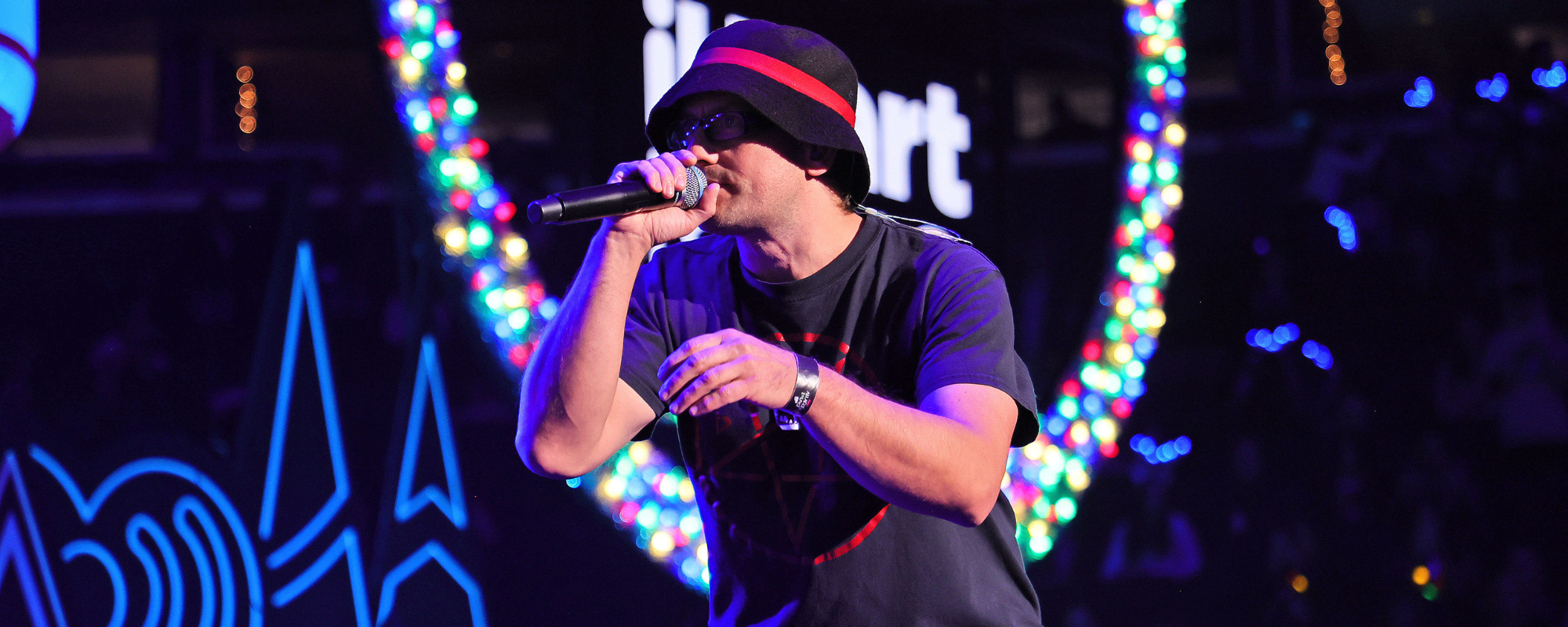
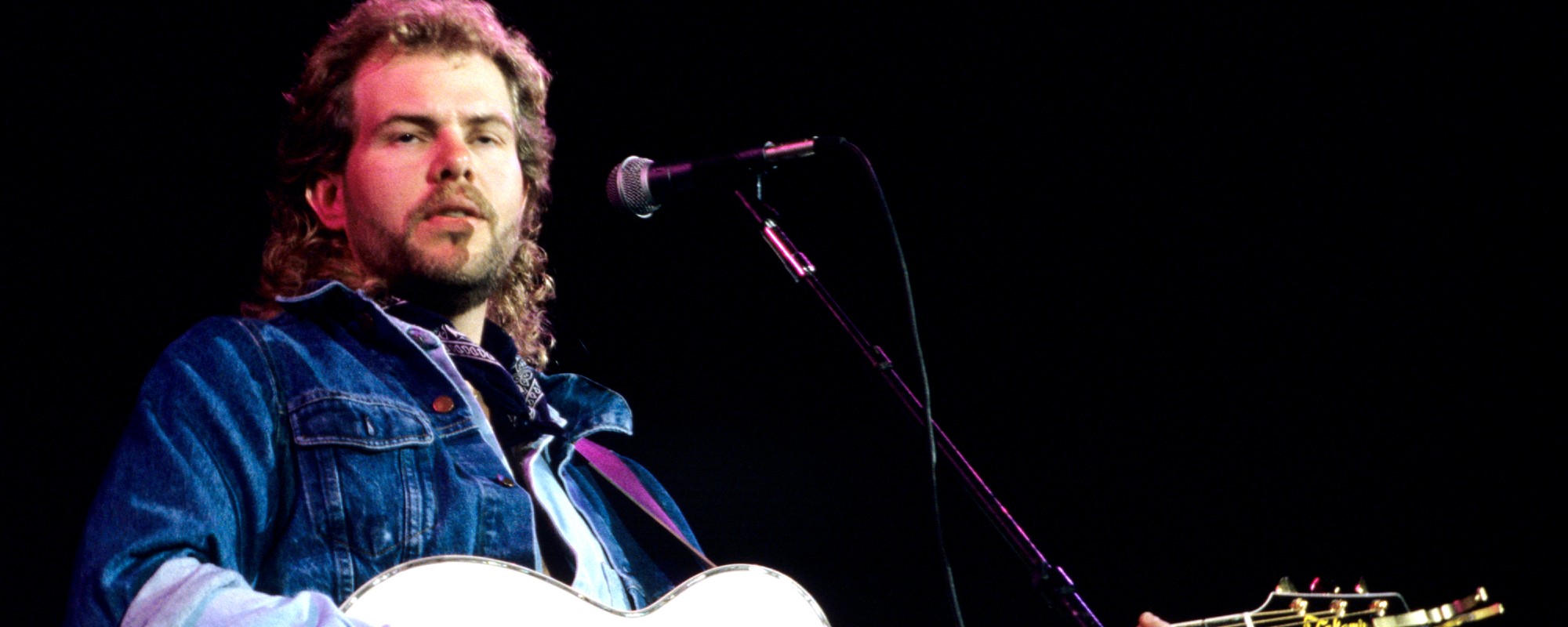
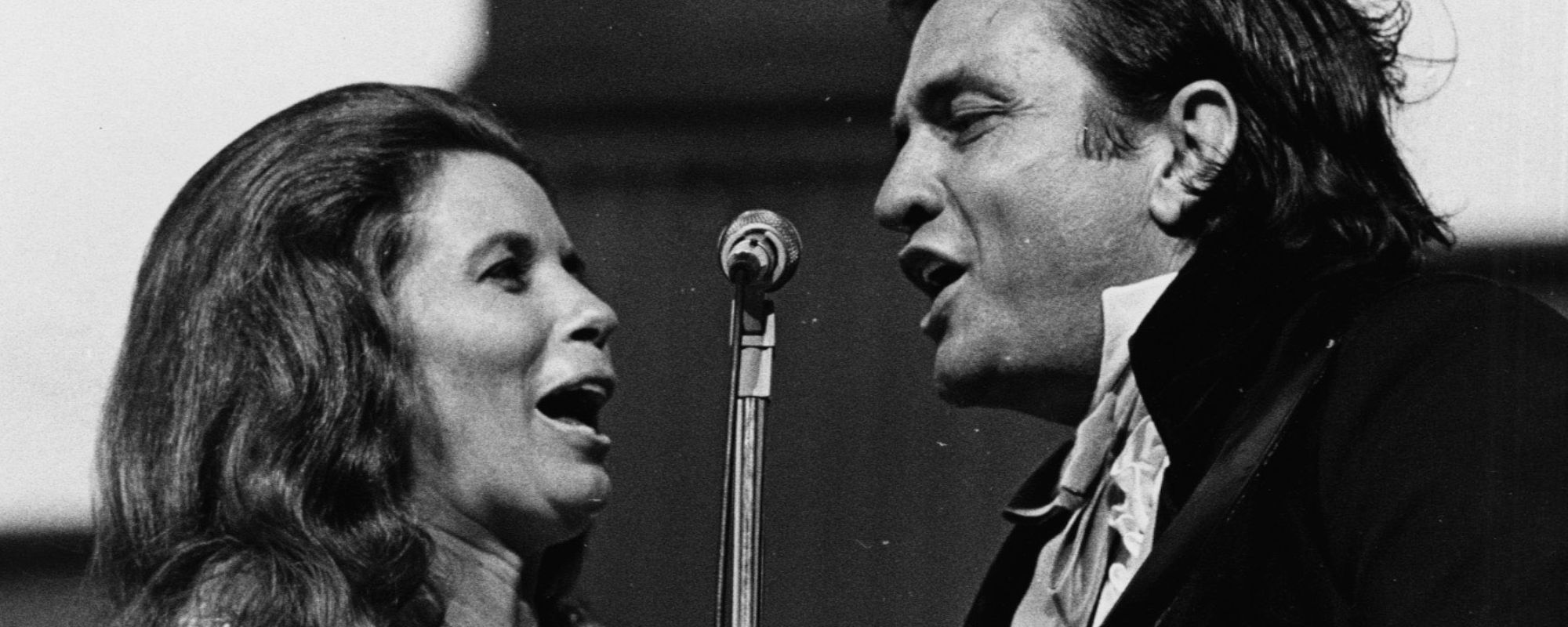
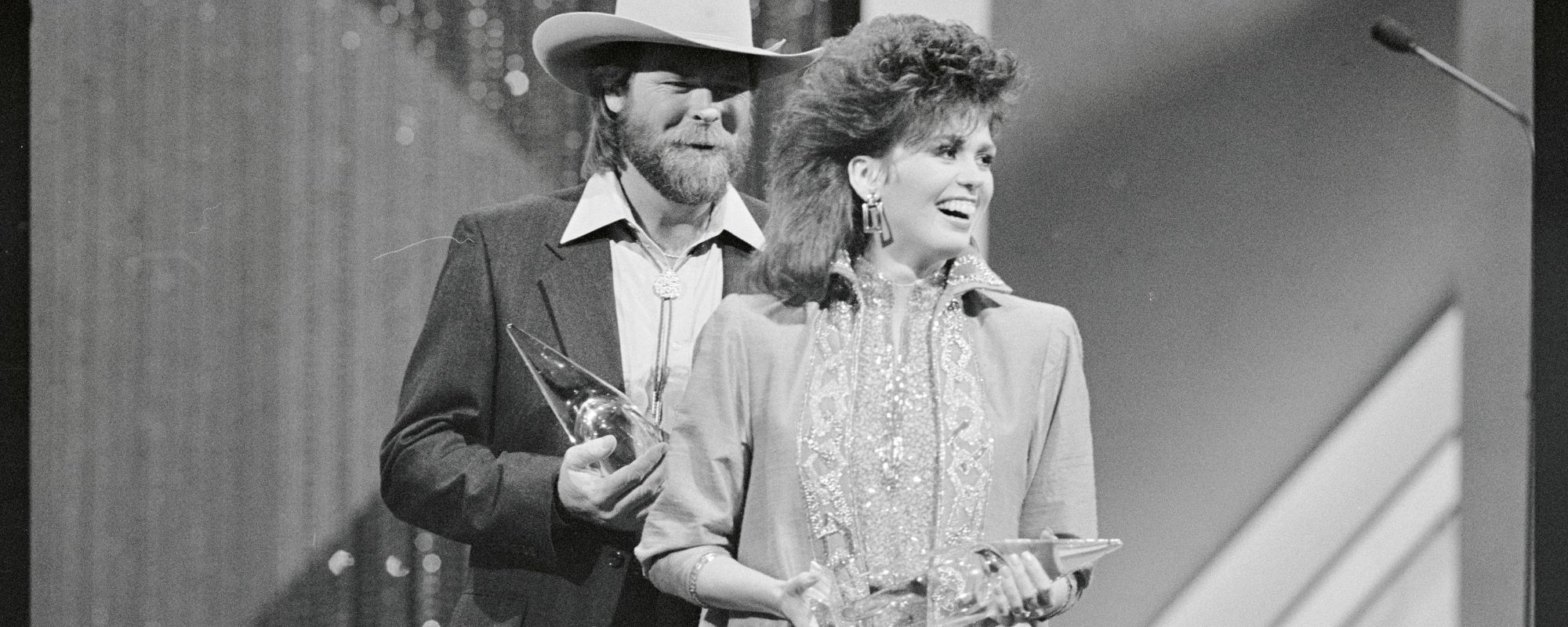
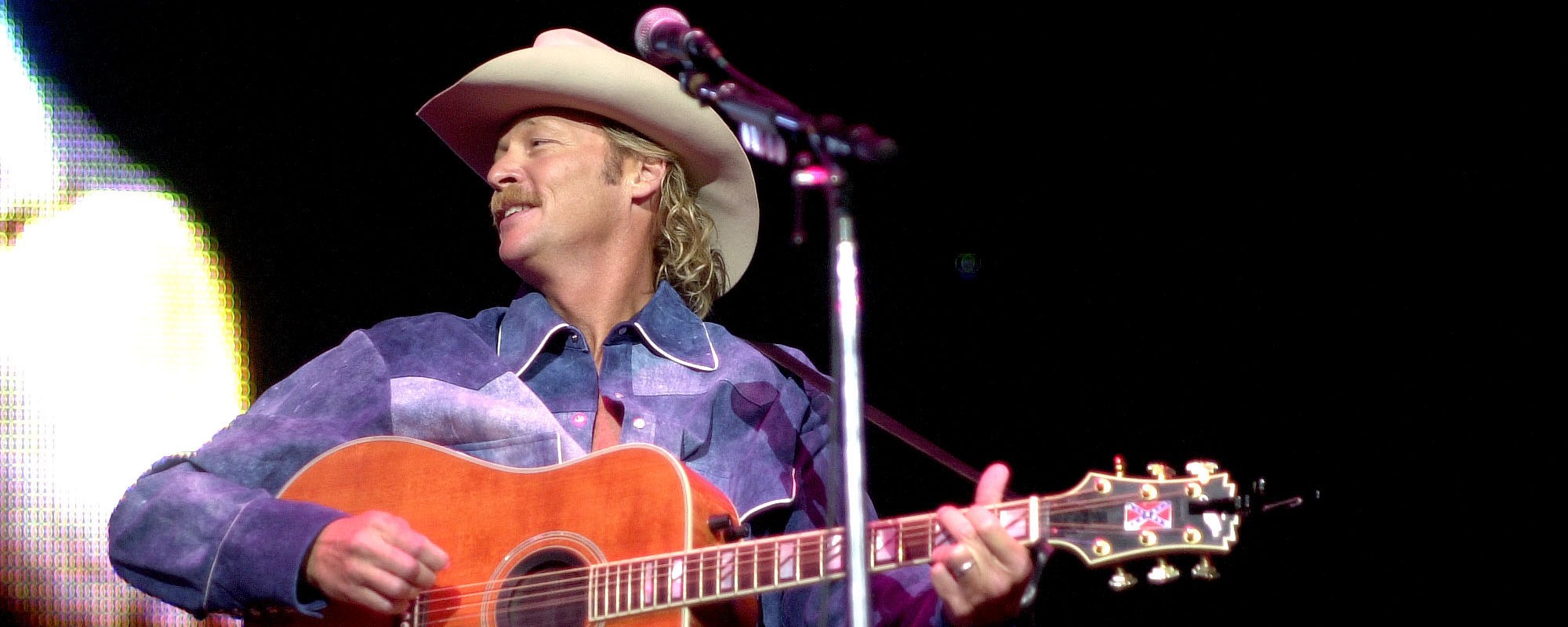
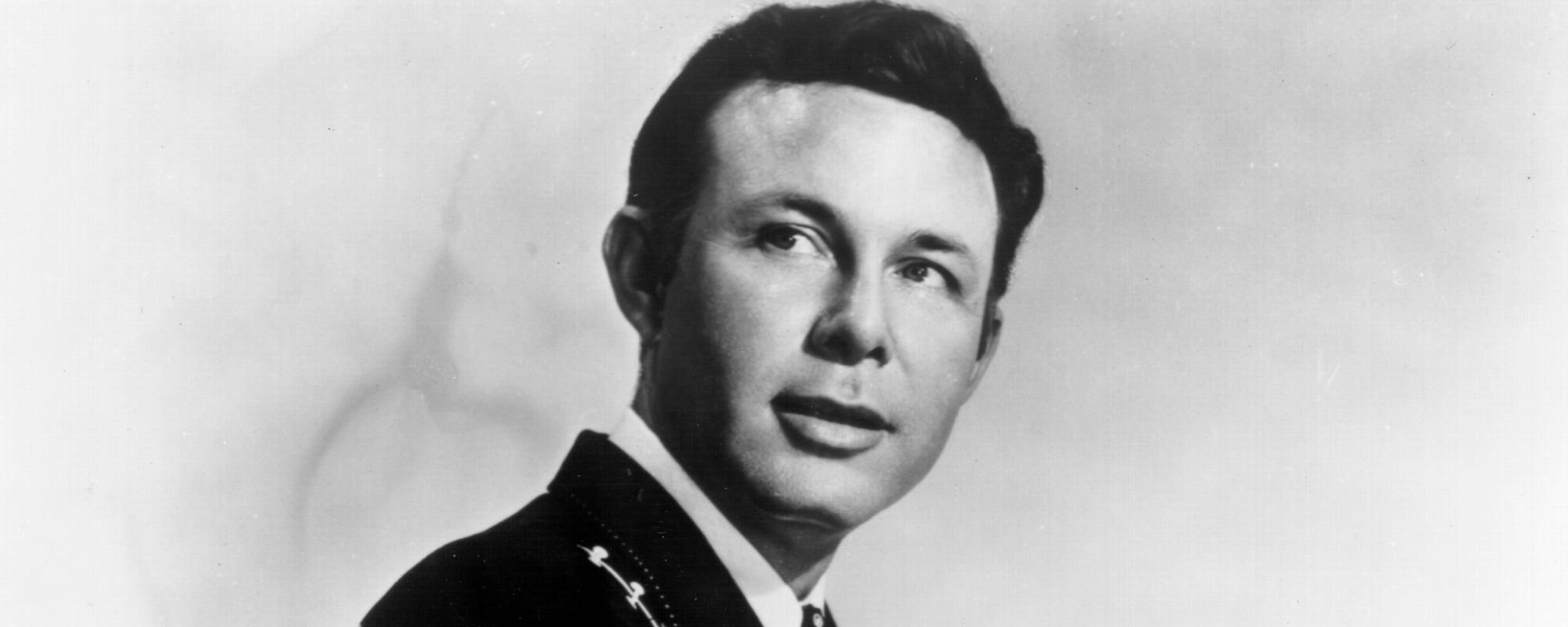
Leave a Reply
Only members can comment. Become a member. Already a member? Log in.